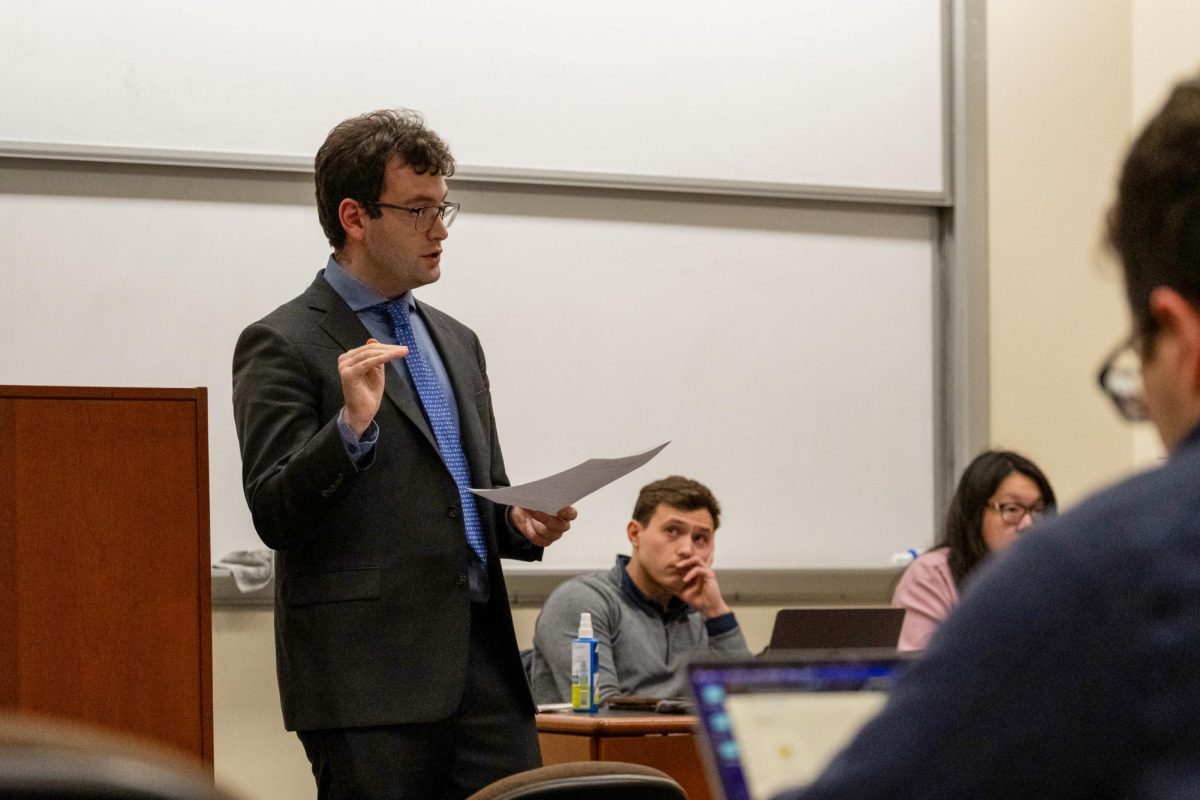While Congress debates the policy implications of Hurricane Katrina, a professor is exploring what the media can do to avoid a situation like the Gulf Coast disaster.
This past spring, 20 experts in the fields of journalism, disaster prevention and homeland security met to discuss the holes within the system of distributing information among the media, political authorities and the public. From May 17 to19, the Aspen Institute and the Ford Foundation sponsored the first Disaster Communications Project conference, “Katrina’s Lessons.”
The Aspen Institute School of Media of Public Affairs asked associate professor Albert May to act as the conference’s rapporteur and record his observations and insights on its findings in an executive summary: “First Informers in the Disaster Zone: The Lessons of Katrina,” which was released last month.
The conference was about “trying to find solutions,” May said. From the discussions, the Aspen Institute has now developed a focus for preparing the country for disasters, raising the exchange between the government and public, and increasing collaboration between traditional and new media.
This was May’s first time working with the institute. He worked for 24 years as a journalist before coming to teach at GW where he now specializes in political news coverage.
“My job was to take literature concerning Katrina, government reports and what was said in the conference and pull it all together. I brought in the background information,” May said.
“Americans are reluctant to personally prepare. How can media get the message out and increase public awareness? People need to know where to meet; they need a plan,” he said.
May said he hopes eventually media organizations will be able to participate in disaster drills and share facilities to prepare for moments of crisis.
The report was sent to about 1,000 government officials and opinion leaders with the intentions of sparking further conversations and new strategy implementation, said May.
The conference also explored the impact of the new media and the prevalence of blogs during Katrina and their value in finding specific information on lost family members, town information and rumor verification.
“[It is an] interesting area.how to channel all the fragmented blogs and incite collaboration,” May said. “During Katrina there were countless people finder Web sites.too many for people to search every one. How can that be channeled together?”






